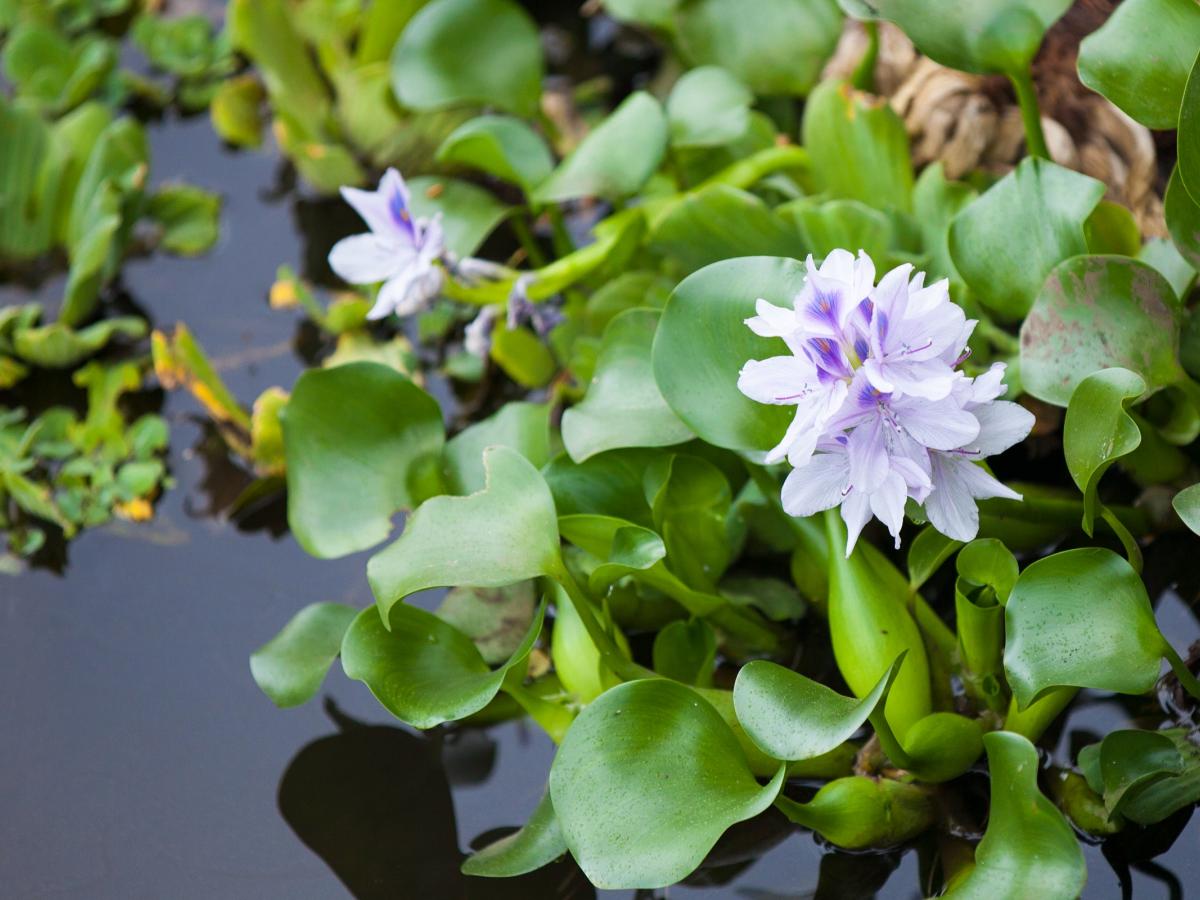Hundreds of harmful, prohibited weeds have been found advertised on public online marketplaces in Australia, many of them sold as ornamental plants.

Water hyacinth. Photo credit: Gwengoat
The discovery was made by a University of Adelaide research team, led by Jacob Maher from the School of Biological Sciences, which found thousands of online advertisements for illegal weed species.
“Certain plants are prohibited in Australia because they are harmful to our unique natural environment and agricultural industries. These weeds can threaten native species, fuel severe fires and choke rivers,” said Maher.
“Overall, invasive plants are estimated to have cost Australia A$200 billion since 1960.”
Cacti and pond plants were the most frequently advertised species, which are prohibited in Australia due to their harmful impact on the country’s environment and agriculture.
Ornamental plants, which are those grown in homes and gardens, are a major way weeds are introduced to new places. Some make their way into the environment and become invasive.
Plants are increasingly traded online, allowing a wide variety of plants to be introduced to more distant places. A lack of surveillance and regulation of this trade has resulted in the wide distribution of invasive species.
Researchers from the University of Adelaide used web scrapers to monitor plant trade on public classifieds websites.
The web scrapers were automated to collect online advertisements, which allowed researchers to detect thousands of advertisements for weeds over a 12-month period.
Australia has laws banning the trade of harmful weeds, but still, advertisements were observed across the country, including some associated with use by traders for food and medicine.
“Currently, these online marketplaces allow people to advertise and purchase invasive species, whether they are aware of it or not,” said Maher.
“Regulation is needed, but we also need to cultivate awareness amongst plant growers of this issue and we need help from marketplaces to regulate trade on their end.
“We recommend governments adopt web scraping technology to assist in regulating online trade of plants, but increased public awareness and cooperation from online marketplaces are also required to solve this growing problem.”
Technology developed in this study is now being utilised by biosecurity agencies in Australia to monitor and regulate the illegal trade of plants and animals online.








